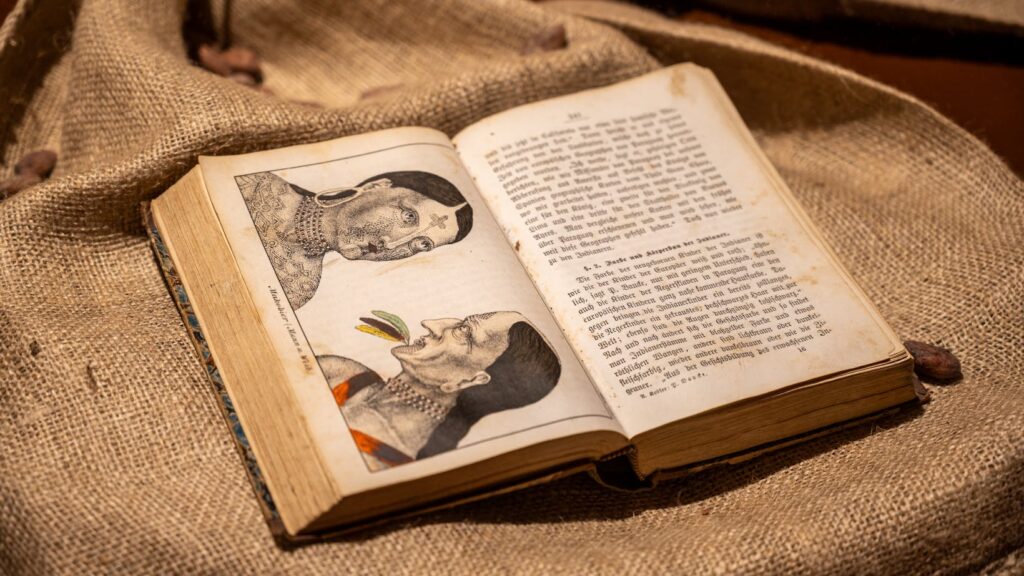Step into the rich world of classic English literature, where authors have spun tales that have captivated audiences for centuries. From the profound sonnets of Shakespeare to the piercing social commentary of Dickens, this classic English Literature tradition is a treasure trove of narratives, characters, and themes that continue to resonate today.
In this journey, we’ll explore the timeless appeal of classic English Literature, delving into their historical context, literary techniques, and enduring influence. Whether you’re a seasoned reader or a curious newcomer, there’s always something to discover in the vast expanse of classic English literature. So, let’s turn the page and start exploring classic English Literature.
Table of Contents
ToggleClassic English Literature
Classic English literature, with its diverse range and depth, poses a challenge in offering a concrete definition.

It typically refers to works of enduring quality, crafted by proficient authors who have significantly influenced generations of readers.
The Historical Context
Essential in understanding classic English literature lies in its historical context. Authors often reflected societal changes, cultural shifts, and significant historical events in their works. For instance, Jane Austen’s novels provide a window into the societal norms and expectations of early 19th century England.
Dickens, on the other hand, depicted the dire conditions of the industrial age, engaging readers in a socio-economic critique through his narratives.
Notable Time Periods and Movements
Classic English literature boasts several remarkable time periods and movements, each having left indelible imprints on the literary canvas. Among these, the Elizabethan era stands out, with Shakespeare’s contribution unparalleled in its scope. The Romantic period classic English Literature witnessed the ascendance of influential poets like Wordsworth, Byron, and Shelley, glorifying nature and individual emotions. Later movements like the Victorian period and the 20th-century modernist movement, enriched the literary landscape by exploring social issues and challenging traditional norms. Each time period presents a unique flavor of writing, enhancing the richness of classic English literature.
Themes in Classic English Literature
Social Class and Morality
Classic English literature frequently challenges societal norms, particularly regarding social class and morality. Notably, the writers of this time in Classic English literature examined the fundamental fairness of societal hierarchies, highlighting the contrast between classes. For instance, consider Charles Dickens’ critical examination of the vast disparities between the affluent and impoverished classes in novels such as “Oliver Twist” or “David Copperfield.” Similarly, morality is deeply scrutinized. Jane Austen’s works, for example, exhibit a sharp critique of the ethical standards of society, as seen in her well-known novel “Pride and Prejudice.” These themes provide important insight into societal attitudes during these historical periods.
Love, Conflict, and the Human Experience
A predominant feature of Classic English literature lies in its exploration of love, conflict, and the broad spectrum of human experiences. Shakespeare’s plays are perhaps the epitome of this, dealing with complex relationships, emotional torment, and existential dread, evident in tragedies like “Romeo and Juliet” and “Hamlet.” Also, consider Thomas Hardy’s “Far from the Madding Crowd,” which emphasizes multifaceted love stories and interpersonal conflicts. The exploration of the human condition remains a constant in classic English literature, reinforcing its timeless appeal.
Need To Know About Classic English Literature
The Classic English literature timeless appeal isn’t just a testament to the skill of authors like Dickens, Austen, Shakespeare, and Hardy. It’s a reflection of the depth and relevance of the themes they explored. Classic English literature continue to resonate because it tackle universal human experiences – love, conflict, morality – while simultaneously offering valuable insights into the societal norms of their times.

Whether it’s the class critique in “Pride and Prejudice,” the tragic love in “Romeo and Juliet,” or the ethical dilemmas in “Far from the Madding Crowd,” these classic English Literature texts remain significant, enriching our understanding of history, society, and the human condition. As we continue to read and appreciate these literary gems, we’re not just enjoying a good story – we’re engaging in a timeless dialogue about life’s enduring complexities.
